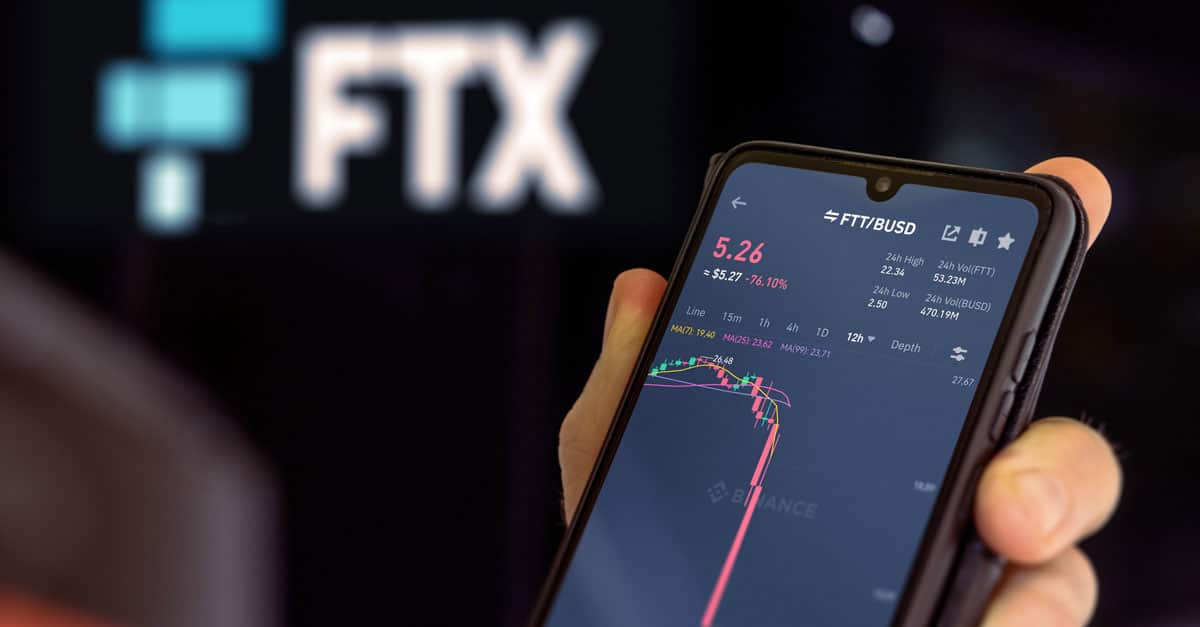Luxury Brands Embracing Cryptocurrencies
In recent years, quite a few luxury brands have announced their acceptance of cryptocurrency payments.
Among them are Ferrari. In October 2023 the iconic car manufacturer publicised that its United States dealerships would be able to accept bitcoin (BTC), ether (ETH), and Circle’s US dollar-pegged stablecoin USDC. Customers in Europe may also be able to pay this way soon.
LVMH-owned luxury watchmakers TAG Heuer and Hublot have been accepting payment in cryptocurrency since at least 2022. TAG Heuer customers may purchase watches with crypto through its US online store, and Hublot accepted bitcoin for limited edition Big Bang Unico timepieces. Bitcoin was the sole payment method for Hublot’s 2018 run of only 210 Big Bang Blockchain watches, which commemorated the 10th anniversary of the Bitcoin blockchain. Off-White, a fashion brand in which LVMH owns a significant stake, has also been accepting crypto payments since early 2022.
Kering subsidiaries Gucci and Balenciaga announced their acceptance of crypto payments in 2022, as did luxury fashion platform Farfetch, luxury resort operator Senova Resorts, and exclusive hotel Palazzo Versace Dubai. In 2021, US luxury hotel group Kessler Collection and 5-star hotel The Chedi Andermatt made similar announcements.
Elevate Your Wealth Game: Empowering UHNWIs for Simplified Asset Management. Altoo Platform Preview
Why luxury brands accept crypto payments
Perhaps the strongest reason luxury brands have for accepting cryptocurrency payments is demand from their best customers. According to Bloomberg, crypto wealth is minting the next generation of super spenders and they want opportunities to use their digital assets without converting to traditional, so-called fiat currencies.
Also, luxury brands often see accepting crypto payments as a way to appeal to affluent millennials and Gen Zers who are familiar with and excited about cryptocurrencies.
Reasons not to accept crypto payments (yet)
Exchange rate volatility remains a significant concern for businesses, including luxury brands, considering crypto payments. The fluctuating value of cryptocurrencies in traditional currencies like US dollars or euros poses risks for businesses, especially when their suppliers do not accept crypto payments. Consequently, many luxury brands working with crypto payments partner with specialised processors like BitPay or Bitpace which immediately convert incoming digital assets into more widely-used currencies.
Additionally, initiating a crypto transaction typically involves more technical knowledge than traditional alternatives like swiping a credit card or making a bank transfer. Addressing this complexity is an ongoing challenge in the crypto industry. As a result, many businesses hesitate to adopt crypto payment options unless there is substantial customer demand.
Other sectors with crypto payment traction
Businesses in a wide range of sectors have rolled out the option to pay with cryptocurrencies, although their reasons for doing so may not be as clear cut as in the luxury space. Burger King, KFC, and Subway began offering this option in 2021, for example, in what were likely moves to gain publicity and position themselves as innovative, globally-minded companies. Additionally, some online retail businesses catering to technology enthusiasts like Overstock, Newegg, and Shopify have introduced crypto payment options.
Purely digital businesses, especially those in the online gaming and gambling sector, have been among the swiftest to integrate cryptocurrency payment options. In these sectors, crypto transactions are often more cost-effective than those in traditional currencies for in-game purchases or rewards. Furthermore, crypto transactions in these sectors may face fewer regulatory requirements compared to bank account or credit card transactions.







